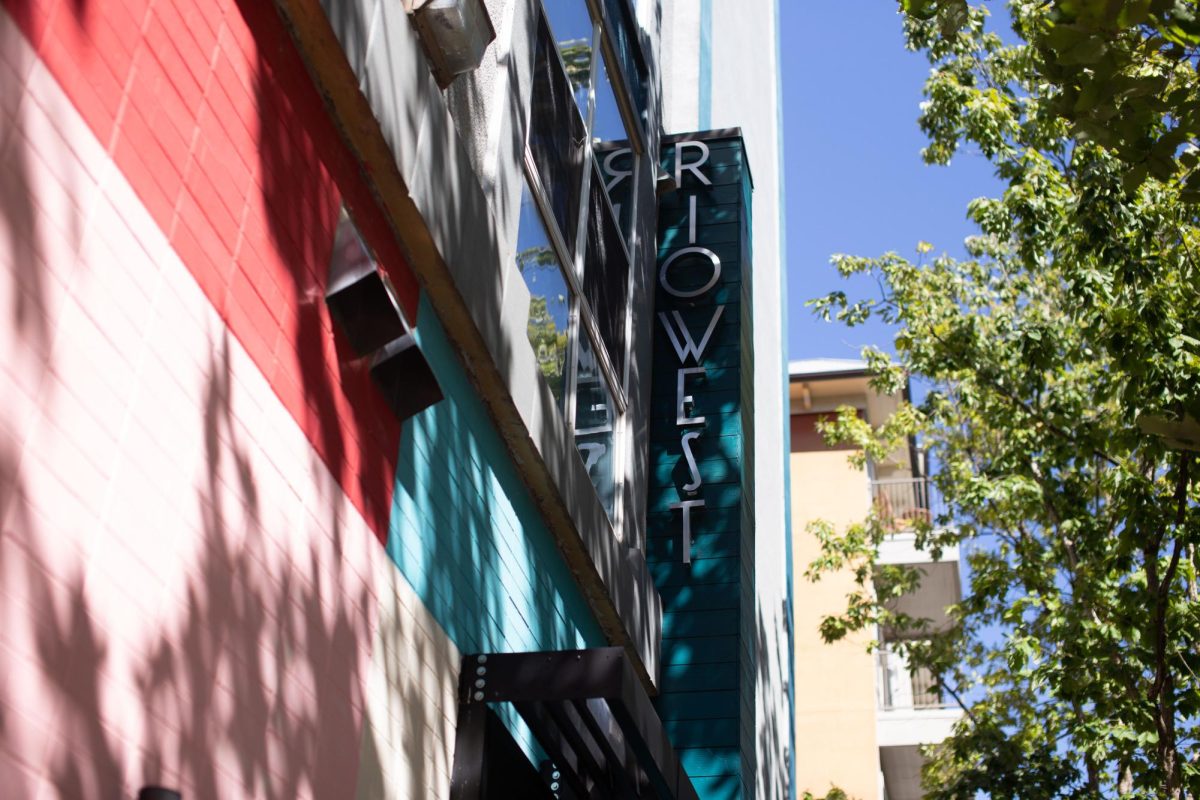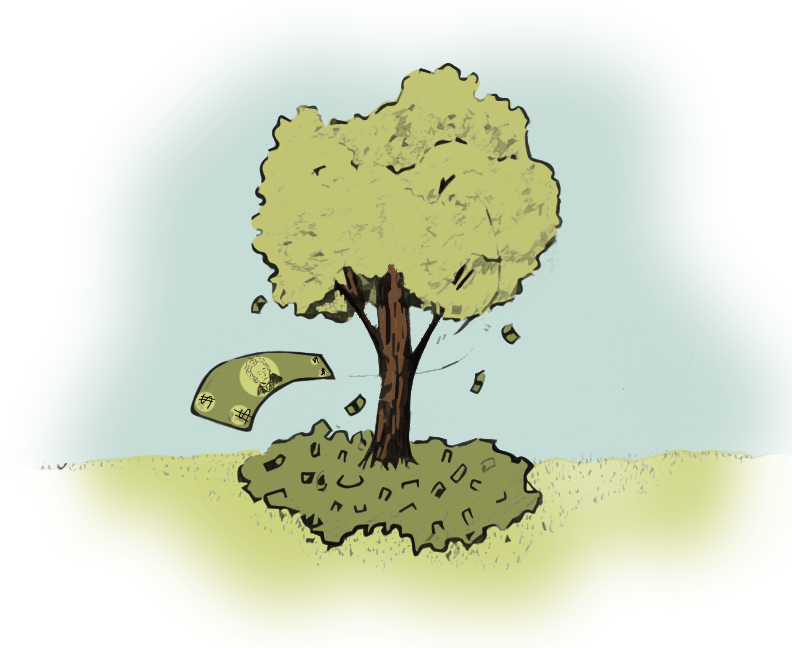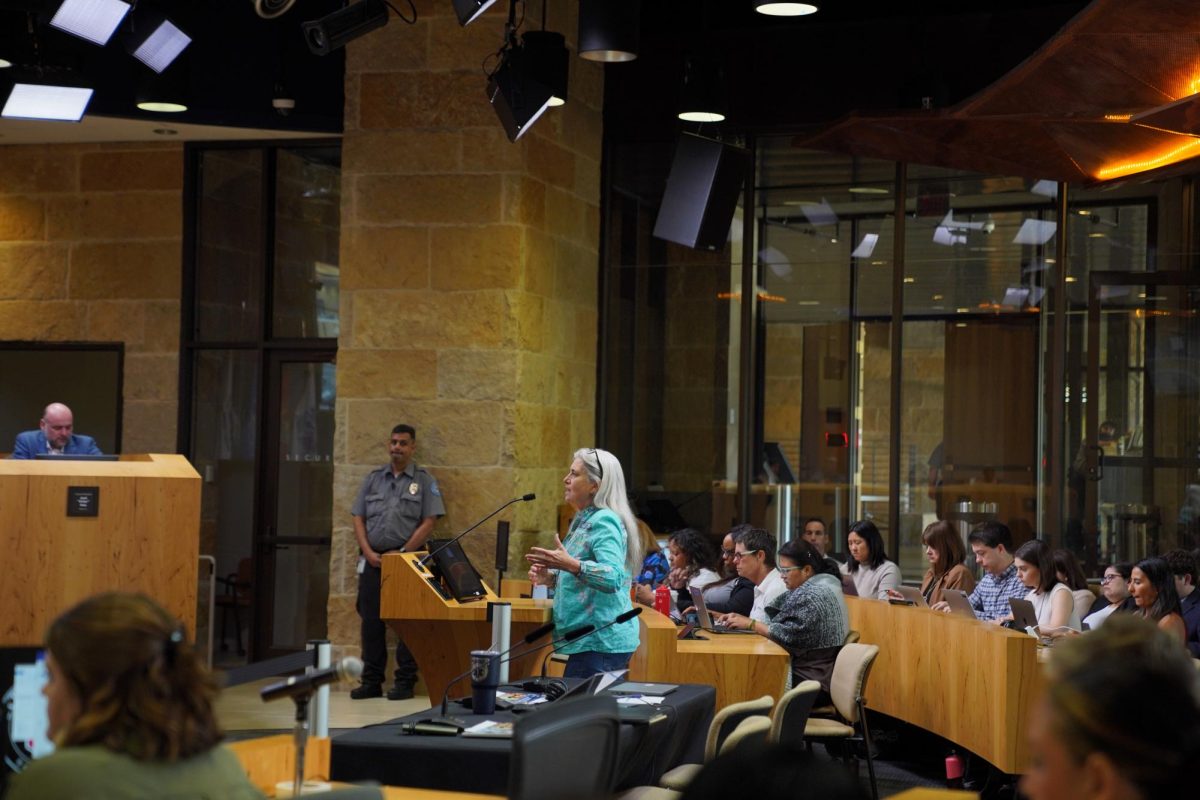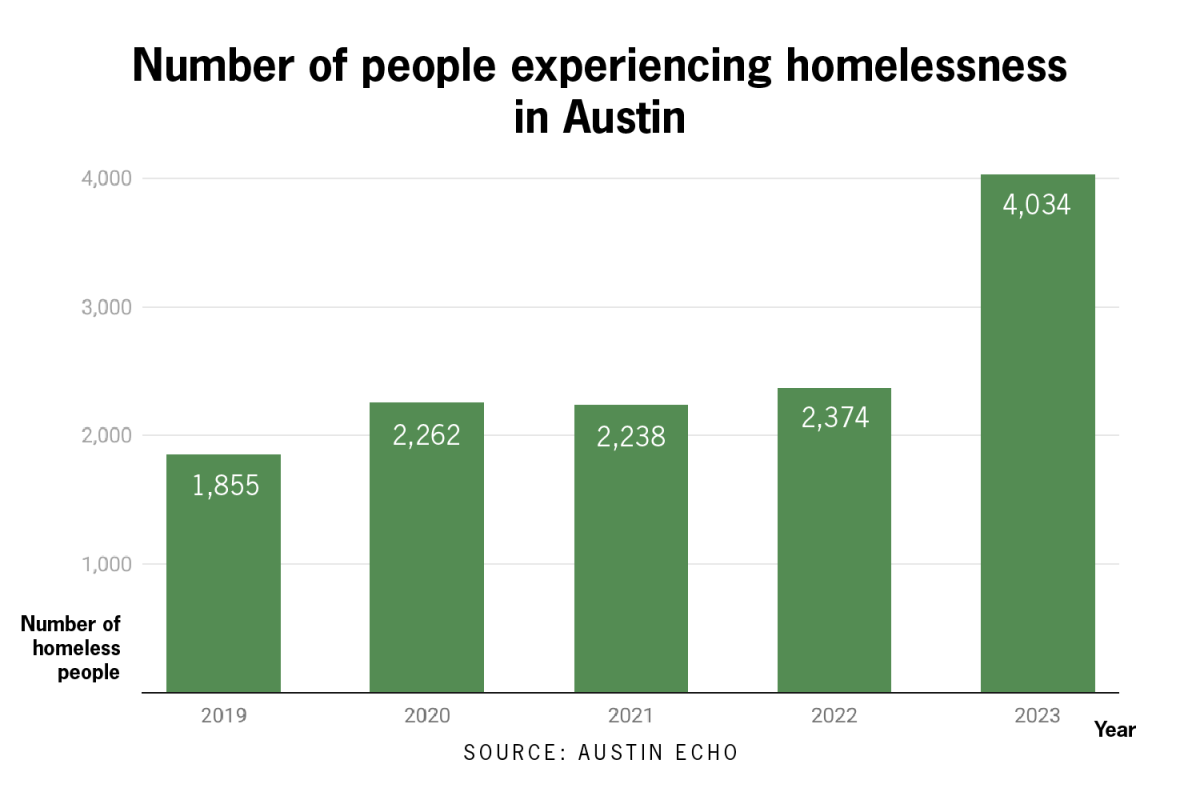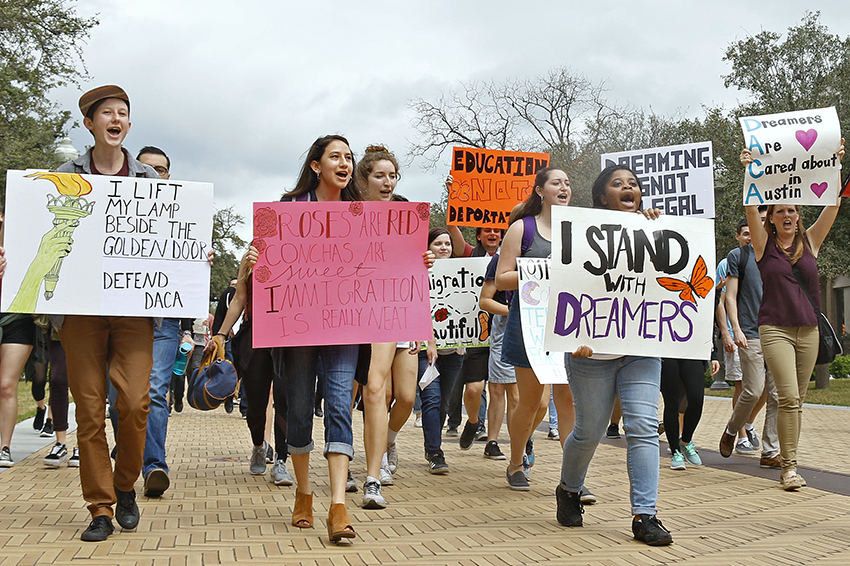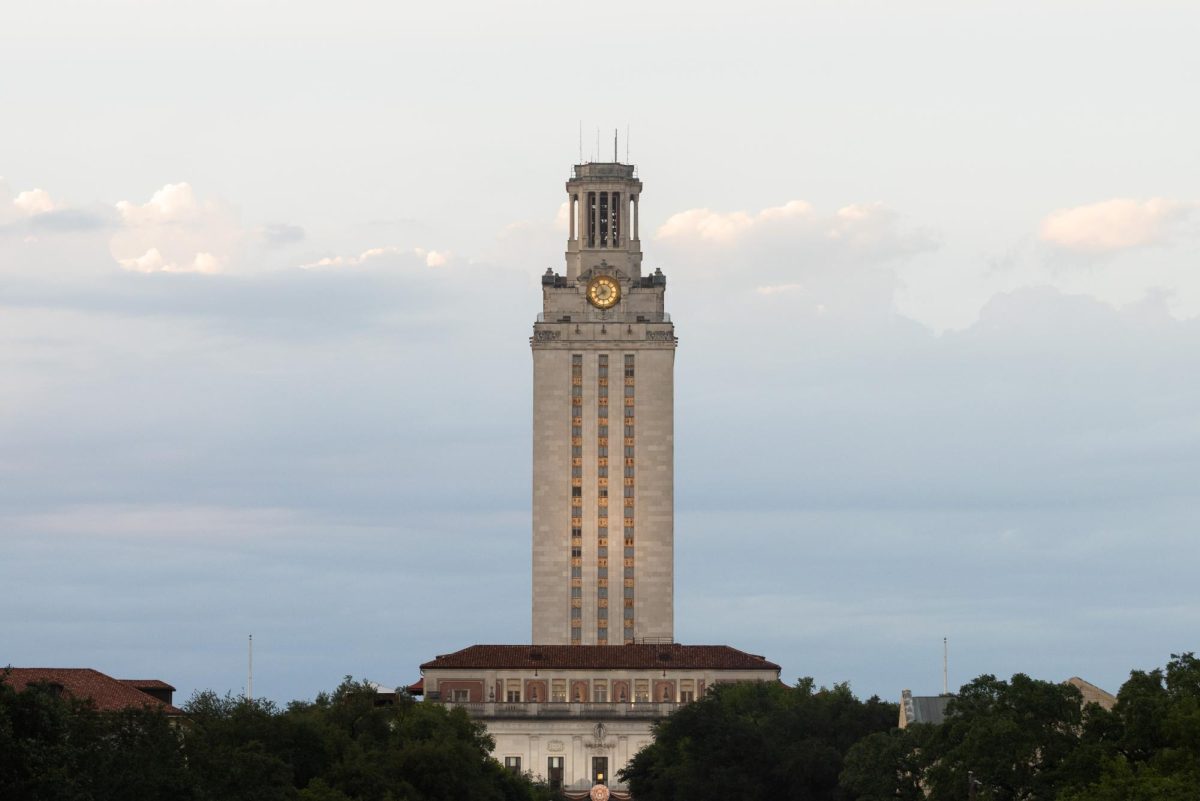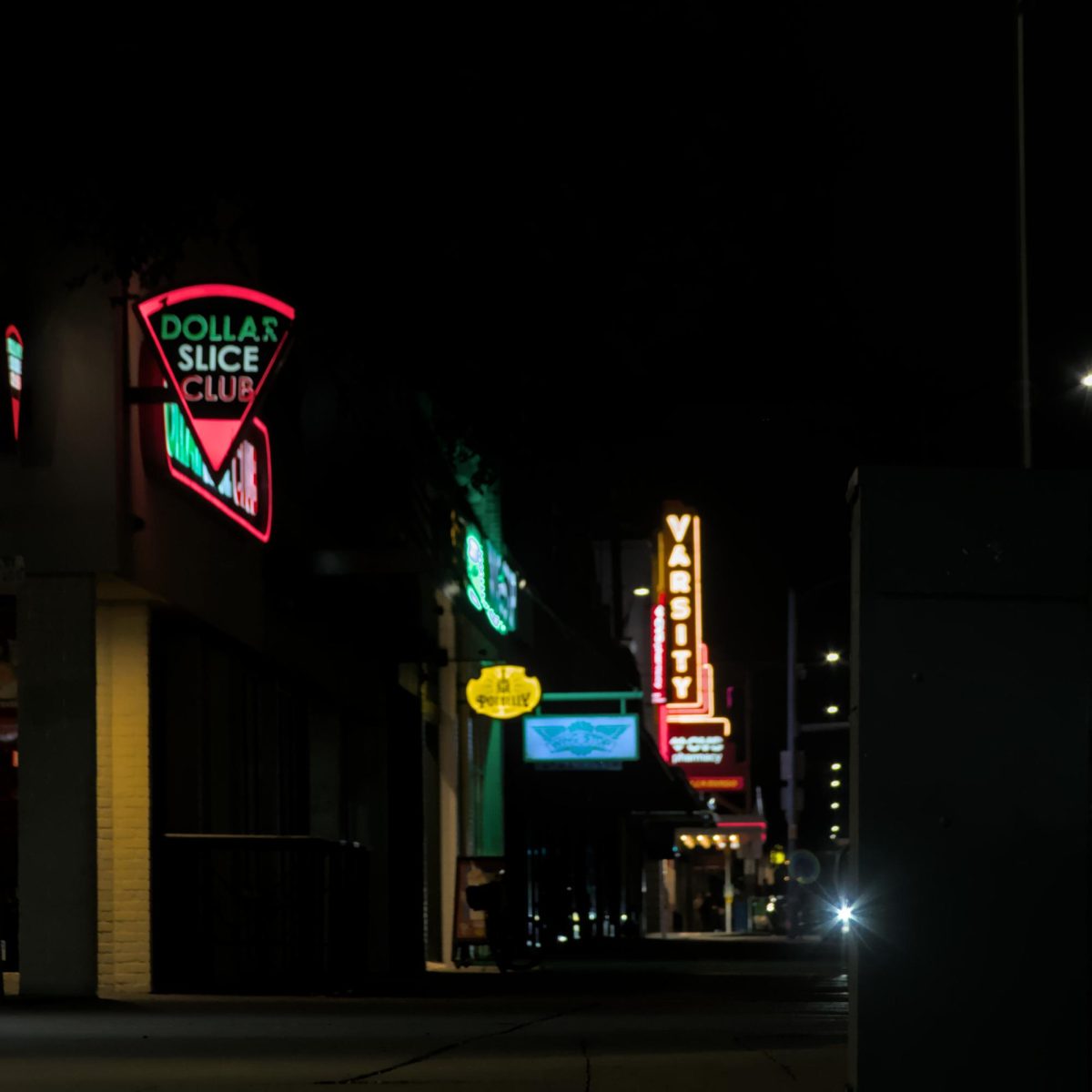This month, the city of Austin will apply for $10 million in federal funding to expand city-wide affordable housing policies and construction efforts for low-income residents.
The U.S. Department of Housing and Urban Development will allocate $85 million to applicants across the country that demonstrate need for affordable housing assistance. Mandy DeMayo, deputy director of Austin’s Housing Department, said the federal department is expected to notify applicants in early 2024 if they’ve been approved for funding.
“We know we have a foot in the door, we know we have an enormous need (and) we know we’ve made some good strides that we want to build on,” DeMayo said. “We’ll be competitive, but honestly it’s only $85 million for the entire country, so it depends on who else applies and what the competition looks like.”
If approved, $10 million will be dispersed over six years, funding incentive programs for developers, improving the city’s affordable housing policies, conducting more expansive gentrification mapping and updating online search tools, Demayo said.
DeMayo said the city may also expand its density bonus programs with the funding, like the University Neighborhood Overlay that allows developers in West Campus to build extra units if some of those units are set aside for low-income residents.
Namratha Thrikutam, a student intern at low-income housing service Texas Housers, said the city needs to better prevent developers from taking advantage of vulnerable communities in Austin, such as Black and brown residents and college students. Thrikutam said not only is the availability of affordable housing in Austin disproportionate to the number of low-income residents, but the available housing is often unlivable.
For instance, SMART Housing, an affordable option for low-income students in West Campus, often comes with other issues like windowless bedrooms, Thrikutam said.
“The biggest thing is keeping (an) equitable and honest track of the way demographics are changing in Austin and making sure that the housing stock is proportional to that,” architecture junior Thrikutam said. “We can’t keep greenlighting market-rate housing projects. … That’s not going to be sustainable for the city.”
Isabel Webb Carey, the Plan II senior and student behind the Instagram account UT Housing Transparency, said having accessible low-income housing requires more than construction of affordable units — it means making sure community members can confidently navigate the housing process.
Webb Carey and Thrikutam both said the University has a responsibility to educate students about off-campus housing, such as reviewing a lease or understanding their tenants rights, especially students needing to identify low-income options.
“When we come into college, most of us have never signed a lease before, (and) most of us don’t know what to look for in a contract,” Webb Carey said. “There is a need and a want for education — financial literacy is important.”
The Housing Department is collecting community feedback about how the affordable housing funding should be allocated if HUD approves the city’s application. DeMayo said community members can submit their input online until Oct. 25.
“Student engagement is huge. … It’s up to us to make our voices heard and advocate for ourselves,” Webb Carey said. “We shouldn’t have to do this but it’s the way we make long-term change.”



